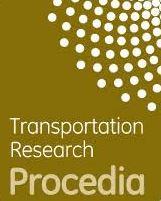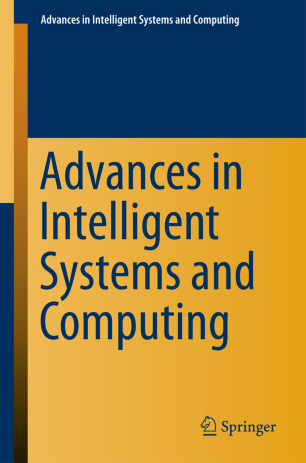Research Papers/Articles
Is E-Mobility a Panacea for Emission Mitigation? A Case Study of an Indian City
2020
Author(s): De K, Majumder S, Kumar P
Catering to the growing demand for urban mobility and emphasis on reducing air pollution in towns and cities are mutually conflicting objectives. One solution is a paradigm shift of the transportation policies from personal vehicles to public transportation system using electric buses.

Life Cycle Assessment on the Mobility Service E-Scooter Sharing
2020
Author(s): Severengiz S, Finke S, Schelte N, Wendt N
As a new transportation option for towns, e-scooters are controversially debated. The rapid development of the e-scooter shared-use industry has raised concerns in many cities around the world about environmental sustainability and public benefits.
Market Development of Autonomous Driving in Germany
2020
Author(s): Kaltenhäuser B, Werdich K, Dandl F, Bogenberger K
This paper presents a model to predict the market penetration of autonomous cars for passenger transportation, focussing on autonomous taxis without a steering wheel. For this, a discrete system dynamics model was created and evaluated where the input parameters have been taken from the literature and a survey.
The Need for Re-Strategising Climate Policies in the New-Normal Scenario
2020
Author(s): Sinha R, Ganeshan S
The authors take a brief look at the present status of India's climate commitments, the implications of these recovery packages in the post COVID-19 crises, and the road ahead for clean and green development. COVID 19 has created roadblocks with short term and long-term implications for the Indian economy, society and the world at large.
Roadmap to an Adaptive Assembly Line for E-Axles
2020
Author(s): Abdul Hadi M, Brillinger M, Haas F, Weinzerl M
In this paper, the methodology of achieving this at low costs and the available technologies in the field of e-mobility production are described. The focus of this research lies in high adaptive and cognitive aspects in the assembly along with qualitative aspects.
Why Polish Market of Alternative Fuel Vehicles (AFVs) Is the Smallest in Europe? SWOT Analysis of Opportunities and Threats
2020
Author(s): Kowalska-Pyzalska A, Kott J, Kott M
A holistic approach regarding the Strengths, Weaknesses, Opportunities and Threats (SWOT) of the sector of AFVs in Poland, with particular regard to passenger electric vehicles (EVs), has been proposed to explore and evaluate the current state and to propose some future actions lines towards sustainable development in transportation.

Towards Efficient Battery Swapping Service Operation Under Battery Heterogeneity
2020
Author(s): Zhang X, Cao Y, Cao Y, Peng L, Ahmad N, Xu L
The proliferation of EVs has posed significant challenges to the existing power grid infrastructure. It thus becomes of vital importance to efficiently manage the Electro-Mobility for large demand from EVs.
Tire NVH Optimization for Future Mobility
2020
Author(s): Sanghani RR, Cherian T, Loganathan S, Suhalka K, Thomas J
This paper showcase the aspects of tire pattern, structure and tread compound on airborne and structure-borne noise using a full factorial DOE (Design of Experiment) approach at vehicle level and component level noise and harshness.

The Impact of E-Mobility on the Italian Electricity System
2020
Author(s): Alla SA, Bianco V, Scarpa F, Tagliafico LA
The present paper investigates the impact of the introduction of electric cars in the Italian car fleet and its impact on the energy system. Indeed, the objective of this study is to introduce a multidisciplinary analysis of the electric vehicles.

Stakeholder Motivation Analysis for Smart and Green Charging for Electric Mobility
2020
Author(s): Natvig M, Jiang S, Hallsteinsen S
This paper presents a stakeholder motivation analysis for smart and green charging for E-Mobility. The drivers, barriers, goals and requirements have been modelled using ArchiMate motivation models with input and feedback from representatives of the stakeholder groups.



